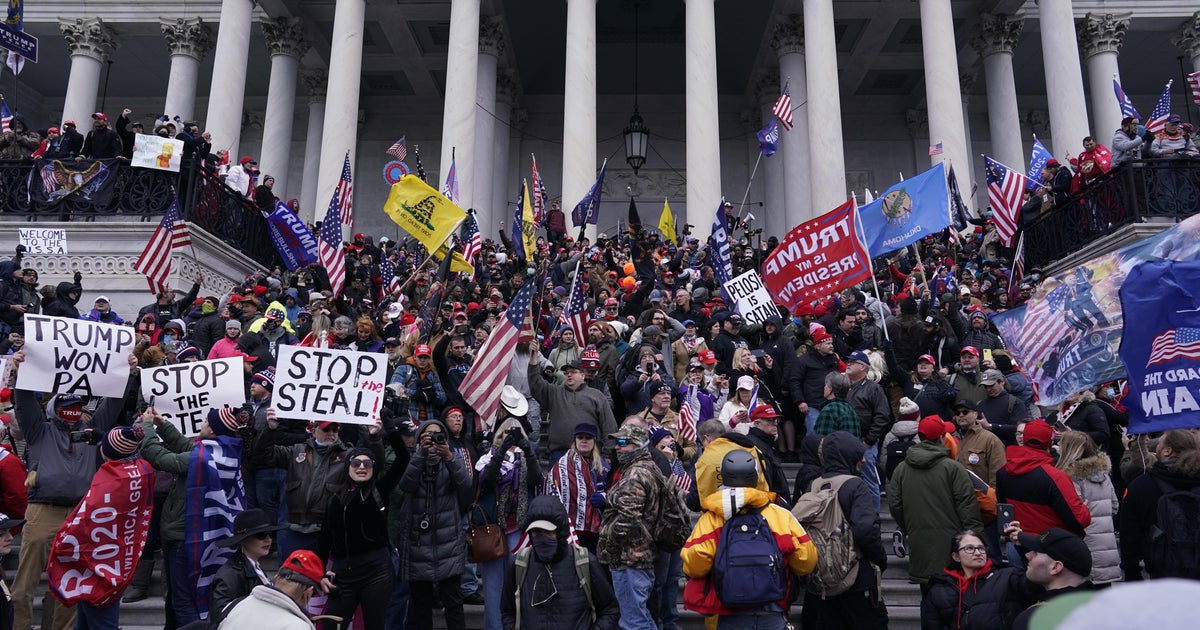The good and bad news about housing for LGBTQ Americans

It’s been a particularly difficult time for Dianne Karon, a 65-year-old transgender woman, as the political vitriol aimed at queer and trans people has escalated.
Despite this, Karon says she still feels lucky because she has safe and secure housing after landing a spot in Stonewall House, a Brooklyn LGBTQ-friendly senior housing development that opened in 2019. Like many queer and trans people, she has struggled to find permanent housing, and having served time in prison certainly didn’t make things easier.
“I would be living on the streets if it wasn’t for [Stonewall House],” Karon said. “It is the best, and I don’t have to hide myself.”
LGBTQ individuals have long faced difficulties finding and maintaining stable housing. Studies have found housing providers favor heterosexual couples over same-sex partners and provide transgender applicants fewer options than cis applicants when they disclose their gender status. Housing searches can be particularly challenging for the roughly 3 million LGBTQ adults over the age of 50, who grew up in a time when being open about one’s identity was far less accepted. And LGBTQ people have had little redress; while housing discrimination based on traits like race and disability status is banned under the Fair Housing Act, a landmark civil rights statute passed 54 years ago, sexual orientation and gender identity weren’t protected until 2021.
It’s a huge shift for the LGBTQ community, though experts say there’s a long way to go before these new rights reach those they’re meant to protect. To get there will require building trust among LGBTQ individuals that their concerns will be taken seriously, and standing up sustained and proactive training and enforcement for all the many gatekeepers involved in the housing market. The government’s track record in these areas is far less than perfect.
Implementation matters because policy changes alone aren’t enough to change behavior. And places like Karon’s Stonewall House, named for the 1969 Stonewall uprising often cited as a turning point for the modern LGBTQ movement, aren’t sufficient. Though it’s one of a handful of queer-friendly federally subsidized housing complexes across the country, experts recognize there will never be enough of those sorts of units to address the need, plus not all LGBTQ people want to live in those communities.
Long term, addressing America’s housing crisis would give landlords and owners less power to discriminate. But here and now, the federal government can vigorously enforce anti-discrimination laws to ensure everyone, including LGBTQ Americans, can have safe, affordable homes.
The Supreme Court has finally taken steps to protect LGBTQ Americans against some forms of discrimination
Despite the wave of political and rhetorical attacks against LGBTQ individuals in the last decade, civil rights experts say there have never been more legal tools available in the US to fight LGBTQ housing discrimination. This fact can be traced largely back to Supreme Court Justice Neil Gorsuch, just two years ago.
In June 2020, Gorsuch, one of the court’s more conservative judges, wrote the majority opinion for Bostock v. Clayton County, holding that a fair reading of “sex” under Title VII of the Civil Rights Act of 1964 — which prohibits job discrimination rooted in “an employee’s race, color, sex, religion or national origin”— covers those workers who are gay or transgender, too.
The implications of this decision were enormous. On his first day in office, President Joe Biden issued an executive order directing all federal agencies to review and ensure that their rules, regulations, and guidances were consistent with the Bostock decision.
The US Department of Housing and Urban Development (HUD) was the first agency to respond; on February 11, 2021, HUD issued a memo authored by Jeanine Worden, the acting assistant secretary for fair housing and equal opportunity, affirming that the Fair Housing Act’s sex discrimination provision was comparable to that of Title VII. Given that, HUD concluded, LGBTQ individuals would now be entitled to the same federal housing protections as everyone else under the law. HUD is “open and ready to assist persons who believe they have experienced discrimination because of sexual orientation or gender identity,” Worden wrote.
Prior to Bostock, housing protections for LGBTQ individuals were spotty, and, in the majority of US states, altogether absent. As of 2016, 22 states had laws prohibiting housing discrimination based on sexual orientation, and 19 of those had bans on housing discrimination based on gender identity. While HUD promulgated a rule in 2012 to ensure all individuals have access to the agency’s programs, shelters, services, and facilities, LGBTQ individuals could find little relief in the courts for housing discrimination in the regular rental and home-buying markets.
These legal barriers were exemplified clearly in 2016 when Mary Walsh and Bev Nance, a married lesbian couple in Missouri, were denied housing at a senior living home explicitly because they were gay. The couple had been together for nearly four decades and applied to live in Friendship Village, a retirement community. The women had long conversations with the facility’s staff, made multiple visits to see the units, and even paid their $2,000 deposit. But just days before signing their final agreement, they got a call from management requesting more details about their relationship. Following this conversation, Walsh and Nance were told Friendship Village would only accept couples that followed the “Biblical definition” of marriage, asserting that marriage was defined as between a man and a woman.
Walsh and Nance filed a lawsuit alleging housing discrimination, but in 2019, a district court dismissed their complaint, stating that same-sex couples were not entitled to protection under the Fair Housing Act.
Then came Bostock. Michael Allen, a civil rights attorney who helped litigate Walsh and Nance’s case, said that following the Supreme Court’s 2020 ruling, lawyers for Friendship Village called and asked if they would consider a settlement. Walsh and Nance agreed, and while the terms are confidential, Friendship Village now makes clear in its handbook that discrimination based on sexual orientation and gender identity is forbidden.
Progress has been made since Bostock, but not enough
Over the last year, Allen told me, there has been “no confusion at all” in the courts about applying Bostock to fair housing, and he says civil rights lawyers are “in very good shape” to build out more cases going forward, which will help solidify Bostock’s reasoning to future housing disputes.
But while the courts understand the law, the burden of enforcement generally falls to the individual. You have to know your housing rights to seek redress, and you need the wherewithal to take action.
HUD does have a tool to mitigate that burden: Individuals can file administrative complaints with HUD at no cost, and federal housing officials will then investigate them. In other words, people can start the process without paying expensive lawyer fees up front.
If an administrative law judge later hears a case, the plaintiff can get a lawyer, but they are not required to. Attorneys are also incentivized to represent individuals with strong evidence of housing discrimination because if the plaintiffs win, then the defense must cover their attorney’s legal fees.
HUD, in turn, has started to take steps to more proactively solicit concerns from LGBTQ tenants and homeowners. In announcing the Worden memo last year, HUD officials said they had received 197 claims of housing discrimination based on sexual orientation or gender identity in 2020. A HUD spokesperson told Vox the agency had received 232 cases in 2021, still a far cry from the number of race-based (2,514) and disability-related (4,855) complaints filed that year. It will take time, experts say, before more LGBTQ Americans really learn about the agency’s changes and trust HUD to take their problems seriously.
And more needs to be done. In 2021, Amy Hillier, a University of Pennsylvania social policy professor, and devin michelle bunten, an urban economics and housing professor at the Massachusetts Institute of Technology, published an analysis on how to bring more queer and intersectional approaches to fair housing. Specifically concerning the Fair Housing Act itself, they say there’s still room to reinterpret the language to more broadly protect LGBTQ individuals. While the law protects people from discrimination on the basis of “family status,” this currently does not include the chosen families of many queer and trans individuals. “The legality of private discrimination against most household structures mirrors the skepticism of nonnormative housing long espoused by public policy,” they write.
To be clear, passing new federal protections won’t solve the broader shortage of affordable housing. Implementing those new laws with fidelity won’t even mean the end to LGBTQ discrimination. Race-based discrimination in housing has been illegal since 1968 under the Fair Housing Act. Anti-Asian violence has for years been illegal under civil and criminal statutes. Both still, unfortunately, exist throughout society.
“The Fair Housing Act is just a tool, but without it, at least in the housing realm, people could discriminate against LGBTQ individuals with impunity,” said Allen. “This will correct for that.”
World News || Latest News || U.S. News
Source link



